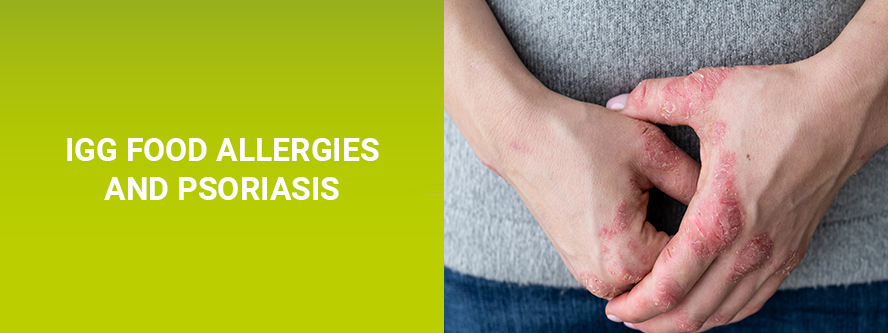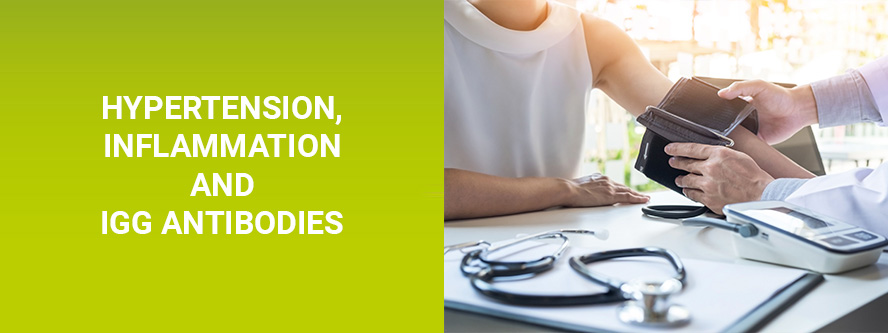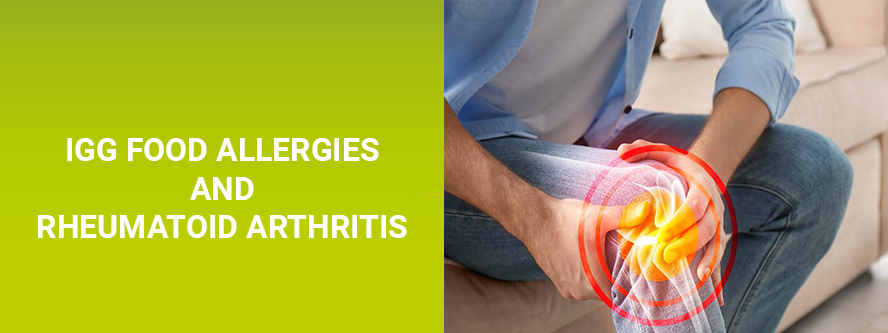Psoriasis – an inflammatory skin disease
Psoriasis a serious global health problem, with at least 100 million individuals affected worldwide (according to the WHO Global Report on Psoriasis (1)). The incidence varies between 0.09% and 11.43%, depending on geography and ethnicity.In Europe, Nordic populations are more affected than Mediterranean, and a higher prevalence is observed in Caucasians than in Asians and African Americans1. Since the famous Greek […]
Psoriasis – an inflammatory skin disease Read More »










